Practice Areas
In the Tarquini Law Firm LLC, we work to protect client’s assets and ensure that their wishes are carried out after their death. We help clients develop comprehensive plans to protect their assets.
Last Will And Testament
Last Will and Testament, often just called a “will,” is a legal document that tells what should happen to your belongings, like your money, house, and other possessions, after you pass away. It is instructions for distributing your things to your family, friends, or organizations you care about. In your will, you can say who should get what, and you can also choose someone to oversee making sure your wishes are carried out; this person is called the executor. Making a will is essential because it helps avoid confusion and disagreements among your loved ones after you’re gone. It’s like leaving behind a guidebook for how you want your property and assets handled, ensuring your wishes are respected and followed.
Trust
A trust is a legal arrangement in which one person (the “trustor” or “grantor”) gives control of property or assets to another person or entity (the “trustee”) for the benefit of a third party (the “beneficiary”). The trustor creates the trust by transferring ownership of assets to the trustee, who then manages those assets according to the terms laid out in the trust document.
Trusts are often used for various purposes, such as estate planning, asset protection, and managing property for minors or individuals with special needs. There are different types of trusts, including revocable trusts (which can be changed or revoked by the trustor during their lifetime) and irrevocable trusts (which cannot be changed or revoked once established).
One common use of a trust is to avoid probate, as assets held in a trust typically pass directly to beneficiaries without going through the probate process. Additionally, trusts can provide privacy, flexibility, and control over the distribution of assets.
Creating a trust involves several steps, and it’s usually a good idea to seek the assistance of a qualified legal professional, such as an estate planning attorney, to ensure that the trust is properly drafted and executed according to the laws of your state.
Probate
Probate is a legal process that happens after someone passes away. During probate, a court oversees the distribution of the deceased person’s assets, like property, money, and belongings.
If the probate court determines that the decedent left a valid will, it will issue documents expressing the executor’s authority to carry out the decedent’s wishes.
If there’s no will, meaning that a person died intestate, the court appoints an administrator or personal representative to manage the estate during probate. The administrator will distribute the decedent’s assets according to state law.
Whether with a will or intestate, probate can take some time, often several months to a year, and involve court fees and legal expenses. However, it’s vital to ensure that the deceased person’s wishes are followed and that their assets are distributed fairly. This includes paying debts or taxes the deceased person owes and distributing their remaining assets to the beneficiaries named in the will.




